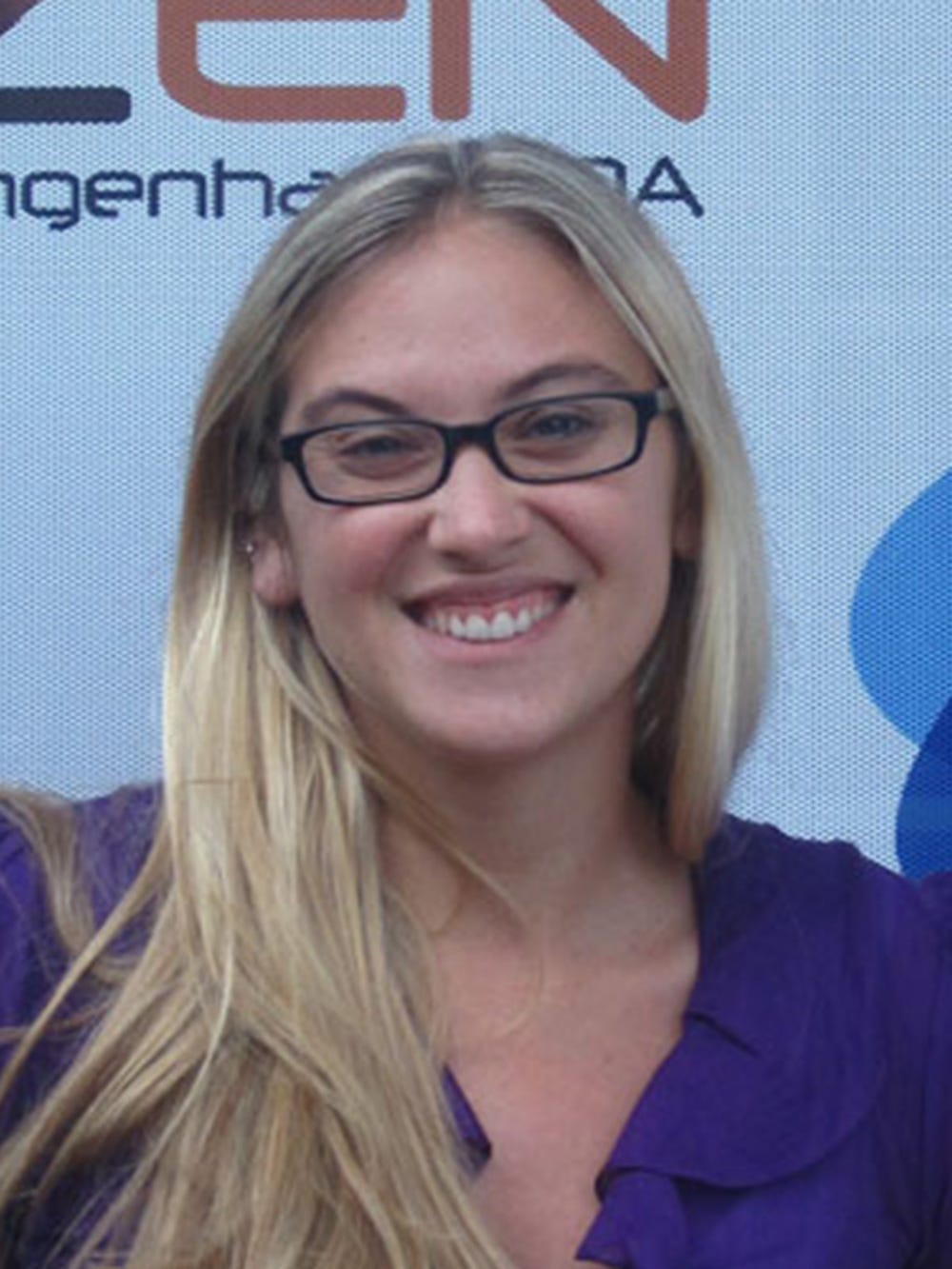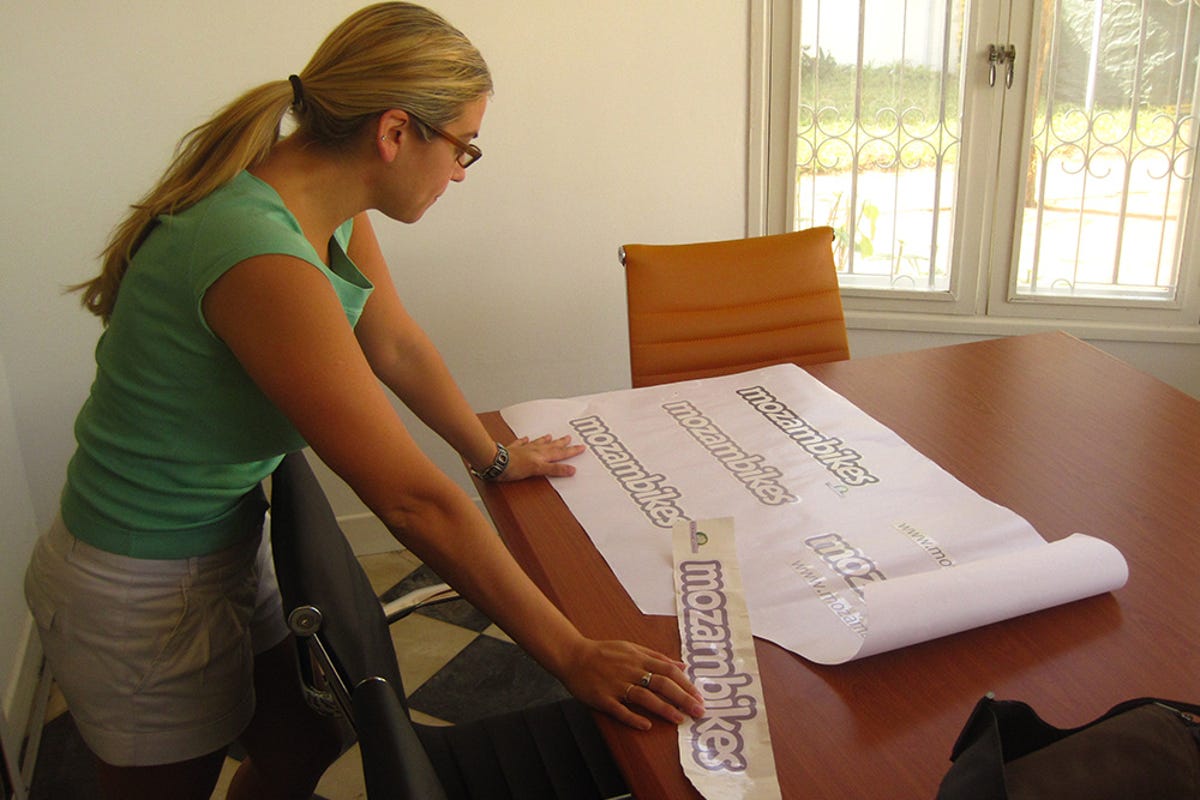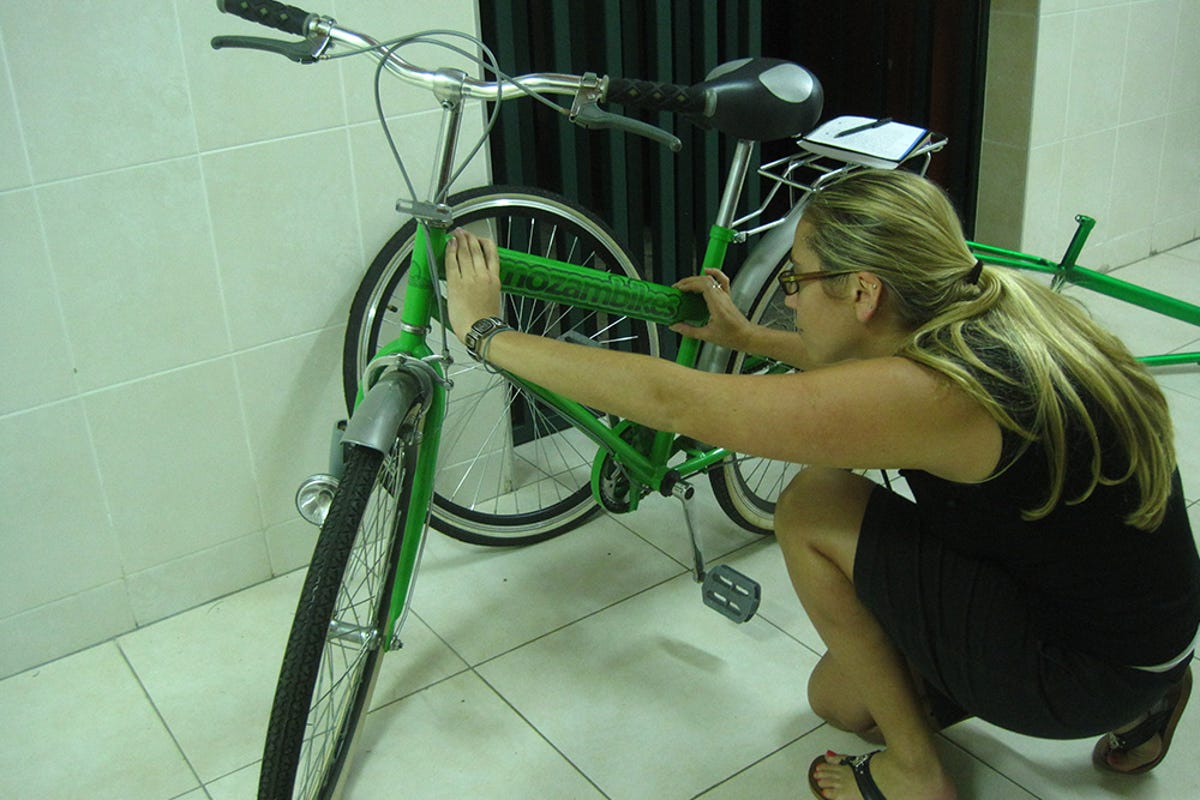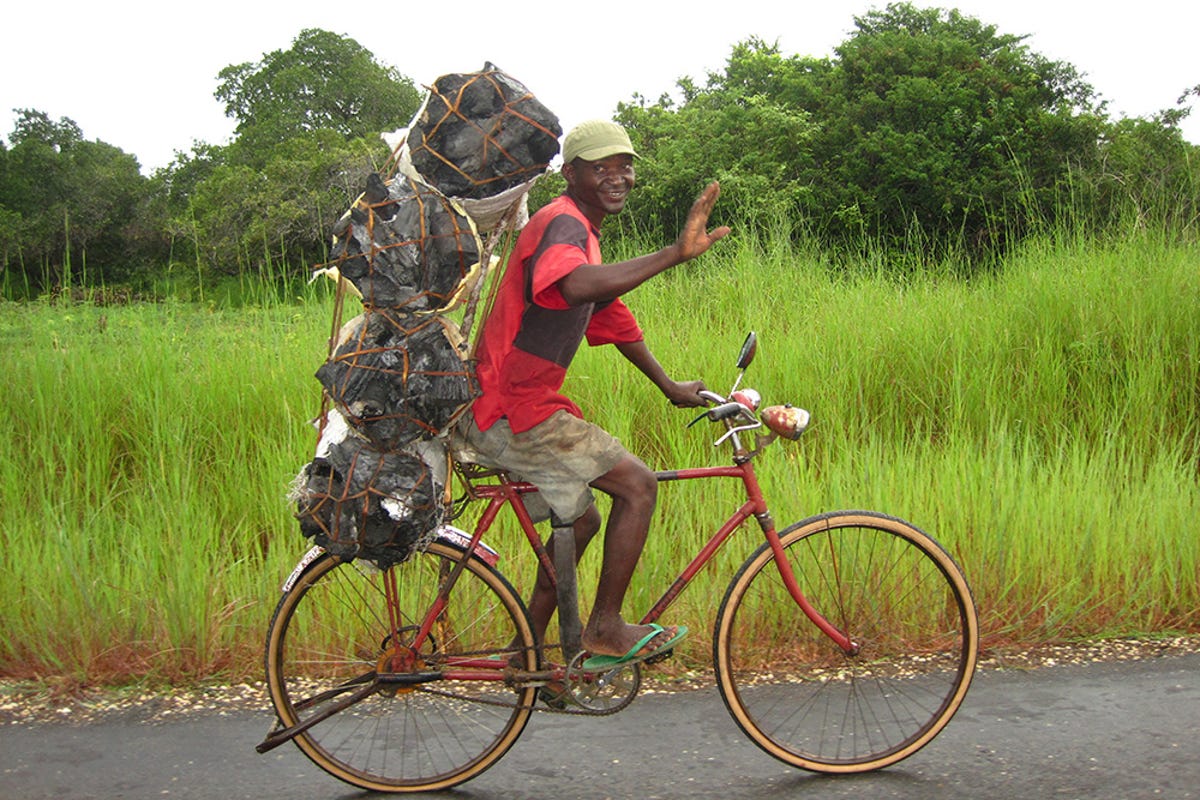Fellow Portrait
Lauren Thomas
Mozambikes

Mozambikes imports, assembles and sells high-quality bicycles at affordable prices to businesses and individuals in low-income markets.
Anglophone and Lusophone Africa
MOZAMBIQUE
Fellow
2011
Updated March 2011
In 2007, when Lauren Thomas was a successful young financier on Wall Street, she felt that something was missing from her life and left New York to do an international MBA in Spain. ‘I love crunching numbers and am passionate about finance but thought it was time to experience different cultures and languages and make more of an impact.’
She then applied for a programme in Latin America with Technoserve, an NGO fighting poverty through business, who instead offered her a four-month mission in Mozambique to raise capital for local ventures. On a road trip to visit the country with her now business partner, two things caught their eyes: the number of people walking along the roads due to a lack of bus transportation and the sheer quantities of goods piled onto the few bicycles that went by.
‘We wondered why more people didn’t just buy bicycles and found that they were not only sold at very high prices, especially in remote areas where retailers take high margins, but they were also poor quality and frequently buckled under the weight of all the goods piled on them,’ says Lauren.’ Three years later and Mozambikes, the business the two entrepreneurs decided to set up together, has just shipped its first container of 1,200 bicycles into the country.

Made for the market
The company sells quality Chinese-import bicycles made to stringent standards at a price up to six times lower than their lesser counterparts. The bikes have been specially reinforced to meet the needs of the local market, such as stronger tyres to deal with difficult road surfaces and extended back plates on which to stock goods and wares. To manage maintenance, quality control and the customisation process on which the business model hinges, Mozambikes has established a local factory, where workers first assemble the parts and verify that each one matches the quality requirements adapted to a rugged terrain. As one of the few for-profit businesses in the country working towards development, providing jobs to the community is an aspect about which the company is adamant. ‘Many outside investors bring their own workforce from Asia, which in my book doesn’t go far enough,’ says Lauren.
To keep this quality at a decent price, the business model is based on customising the bikes to make them into an advertising platform. ‘Branding the bicycles subsidises the cost and reaches consumers in low-income regions, both in terms of heightened penetration for brands and purchasing ability for the people. It’s a win-win scenario,’ says Lauren. Businesses too are interested in buying fleets of vehicles sporting their name for their employees and individuals gain affordable access to a means of transport that will enhance their lives: research in countries such as Tanzania and Uganda shows that bicycle use improves income by up to 55% for the poorest populations. Not only does it shave transport time by two to three hours, it increases the amount of land a farmer can work on, intensifies cultivation, and ups the amount of non-agricultural and market trade people can pursue.
To keep this quality at a decent price, the business model is based on customising the bikes to make them into an advertising platform.

Wheels of enterprise
With GDP growth in Mozambique running at 7.5%, there is good potential for the company too, which estimates a national market for 1.5 million pedal-pushers. To manage distribution Mozambikes has found channels through retailing networks. ‘Many distributors here have retail outlets, which is a great for keeping our partner margins reasonable.’ This social venture could truly get the wheels of enterprise turning in a country where for many, in real terms, buying a bicycle has been the equivalent of buying a small car in Europe.
Back when Lauren was learning to ride a bicycle as a child, one day she’d had enough of lagging behind the other kids with her training wheels and announced to her parents: ‘I have to learn to ride a two-wheeler today because I want to keep up!’ It’s a metaphor that could apply well to her new company and its clients, as they get this Mozambike show on the road.



